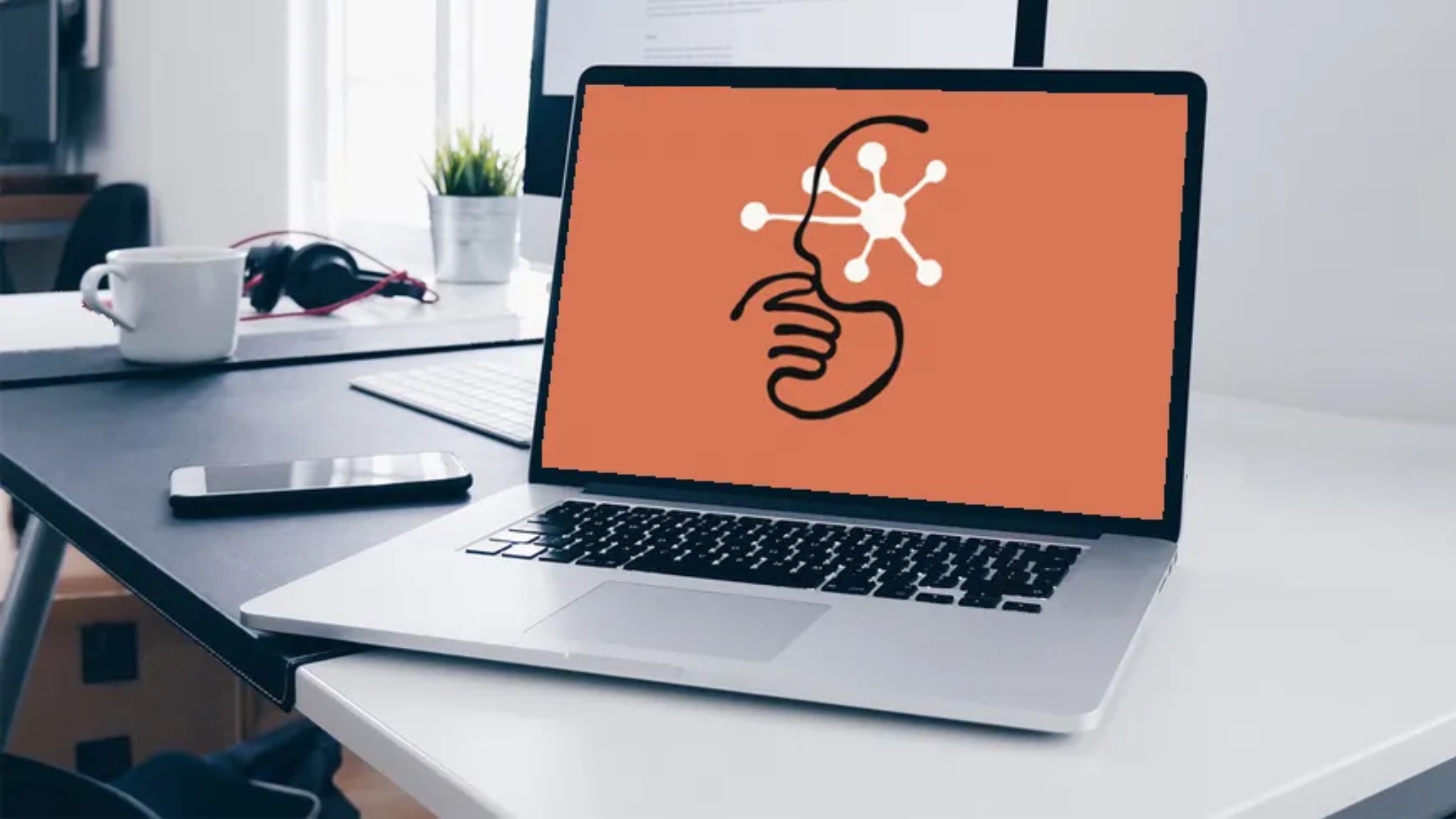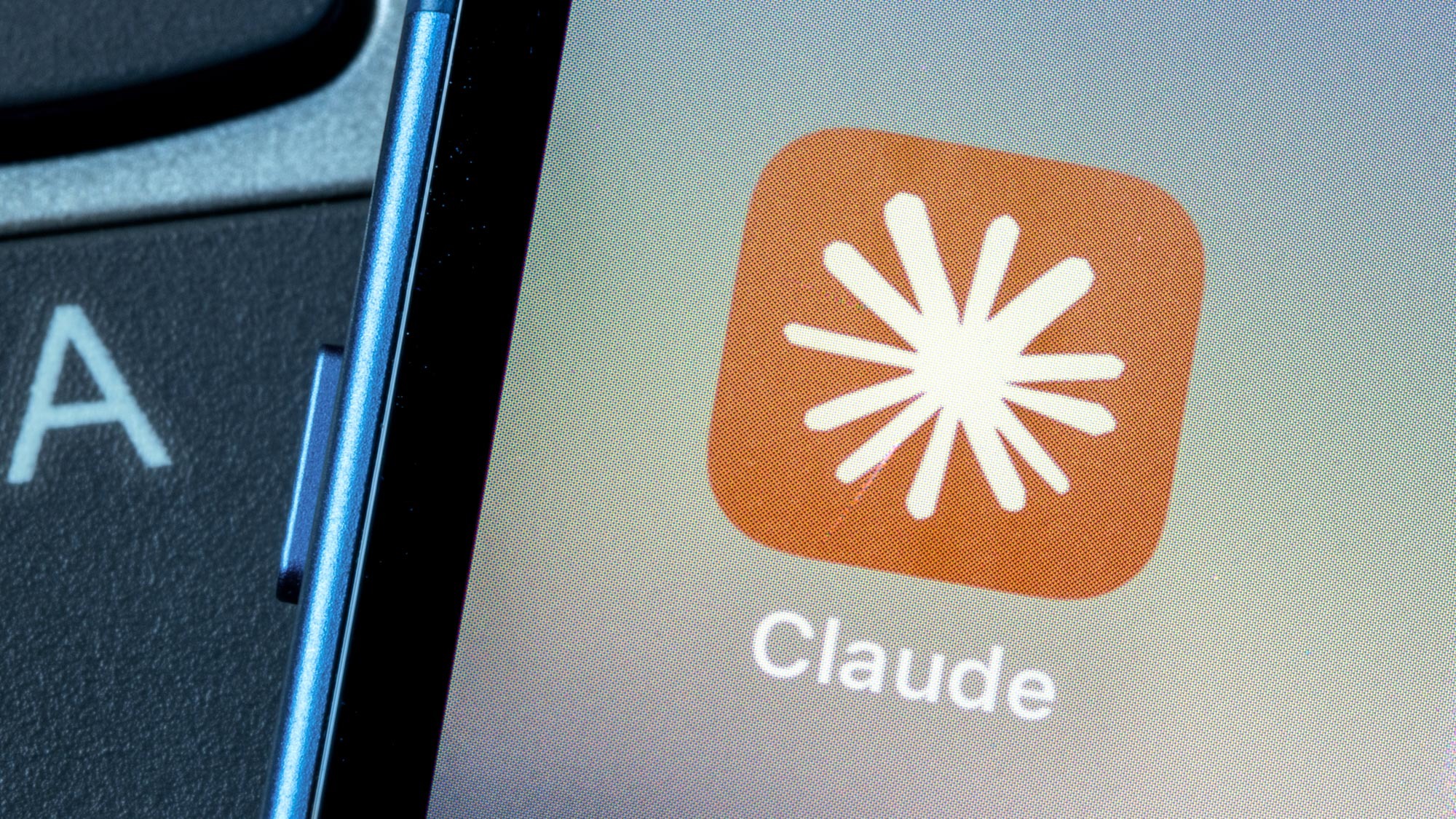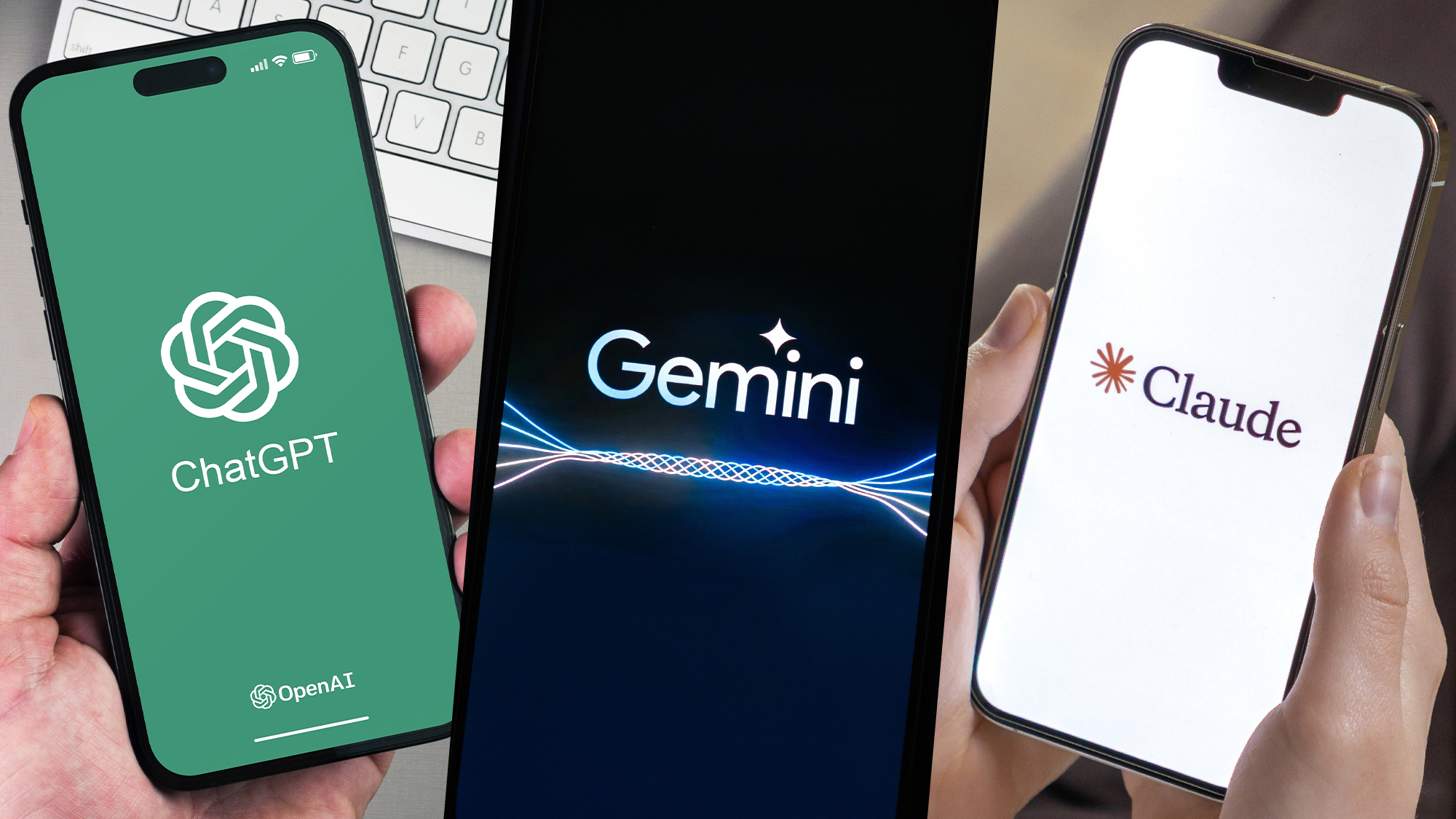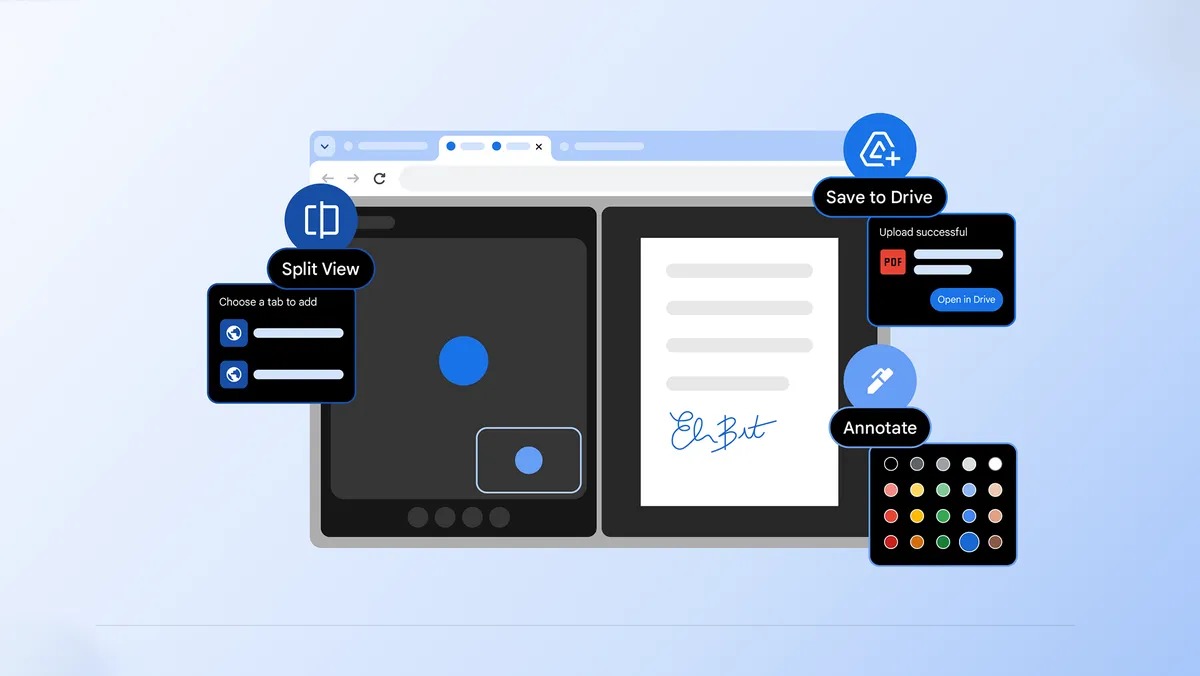Claude is missing this one key feature — but that might be a good thing
Lacking in the memory department

Here at Tom’s Guide our expert editors are committed to bringing you the best news, reviews and guides to help you stay informed and ahead of the curve!
You are now subscribed
Your newsletter sign-up was successful
Want to add more newsletters?

Daily (Mon-Sun)
Tom's Guide Daily
Sign up to get the latest updates on all of your favorite content! From cutting-edge tech news and the hottest streaming buzz to unbeatable deals on the best products and in-depth reviews, we’ve got you covered.

Weekly on Thursday
Tom's AI Guide
Be AI savvy with your weekly newsletter summing up all the biggest AI news you need to know. Plus, analysis from our AI editor and tips on how to use the latest AI tools!

Weekly on Friday
Tom's iGuide
Unlock the vast world of Apple news straight to your inbox. With coverage on everything from exciting product launches to essential software updates, this is your go-to source for the latest updates on all the best Apple content.

Weekly on Monday
Tom's Streaming Guide
Our weekly newsletter is expertly crafted to immerse you in the world of streaming. Stay updated on the latest releases and our top recommendations across your favorite streaming platforms.
Join the club
Get full access to premium articles, exclusive features and a growing list of member rewards.
Claude has quickly built up a reputation as one of the best AI chatbots on the market. However, while it shares a lot of similarities with its biggest competitor, ChatGPT, they offer very different experiences.
One of the most notable differences between the two is Anthropic’s very different approach to memory and privacy.
Ask Claude what it knows about you and you’ll be told that, unless you’ve had a long conversation already, it doesn’t retain information from previous conversations so there is no memory of you.
It will tell you that it knows your rough location (just the country) but otherwise, it is starting fresh with no knowledge.
ChatGPT, on the other hand, identifies this as one of its key selling points. Ask ChatGPT what it knows about you and it will give a rough profile of you and your needs.
So, what does this mean and is it a good or bad thing that Claude knows nothing about you?
Claude, the forgetful

This may sound like a flaw, but it is more of a design choice from the Anthropic team. Resersving memory of previous conversations has a lot of benefits, with the chatbot altering answers to better fit you, and having on-hand knowledge of key details you’ve already mentioned.
Get instant access to breaking news, the hottest reviews, great deals and helpful tips.
However, for the privacy-cautious, this sounds like a nightmare. Anthropic has made a point of focusing on privacy.
Claude doesn’t train on your data, and it doesn’t store any conversation history locally. This does lower the model’s ability to know you better, but the payoff is a more secure experience.
This isn’t to say there is no memory retention on Claude. Anything mentioned in a conversation can be drawn back on as long as you stay in that conversation.
You can also save and interact with Artifacts - Claude’s version of building apps with prompts. These can be saved and gone back to. In some of these cases, the apps can retain information about you if you let them.
Should your AI chatbot have memory?

Whether this is a feature that you need, or even want, will come down to how you use AI chatbots. If you like to use it as a journaling system or something that explains things in a personalized way to you, it will make a huge difference, improving the experience drastically.
However, from a privacy perspective, or even just for someone who is only using chatbots for the occasional question or query, a lack of memory can actually be a good thing, offering a fresh angle for every prompt.
The level of memory offered will depend entirely on which model you use. ChatGPT and Claude are on opposite ends of the spectrum, but plenty of others fall somewhere in the middle.
Gemini, for example, will use relevant information from previous chats to craft a response. While it doesn’t hold a distinct profile of you, it can identify key points to bring back up when necessary.
Le Chat, a less popular chatbot offers an opt-in memory scheme. This lets you get a similar experience to ChatGPT or Gemini, but only if you choose that as an option.
Memory in chatbots comes down to how much you’re willing to give away and how much you want to get back in that exchange.
More from Tom's Guide
- I’ve started using ChatGPT’s incognito mode every time — here's 4 reasons why and how to do it
- This ChatGPT prompt gives me a 10-minute productivity boost every Monday
- Still shopping blind on Amazon? This ChatGPT trick helps me avoid bad buys — and it works every time

Alex is the AI editor at TomsGuide. Dialed into all things artificial intelligence in the world right now, he knows the best chatbots, the weirdest AI image generators, and the ins and outs of one of tech’s biggest topics.
Before joining the Tom’s Guide team, Alex worked for the brands TechRadar and BBC Science Focus.
He was highly commended in the Specialist Writer category at the BSME's 2023 and was part of a team to win best podcast at the BSME's 2025.
In his time as a journalist, he has covered the latest in AI and robotics, broadband deals, the potential for alien life, the science of being slapped, and just about everything in between.
When he’s not trying to wrap his head around the latest AI whitepaper, Alex pretends to be a capable runner, cook, and climber.
You must confirm your public display name before commenting
Please logout and then login again, you will then be prompted to enter your display name.
 Club Benefits
Club Benefits




















